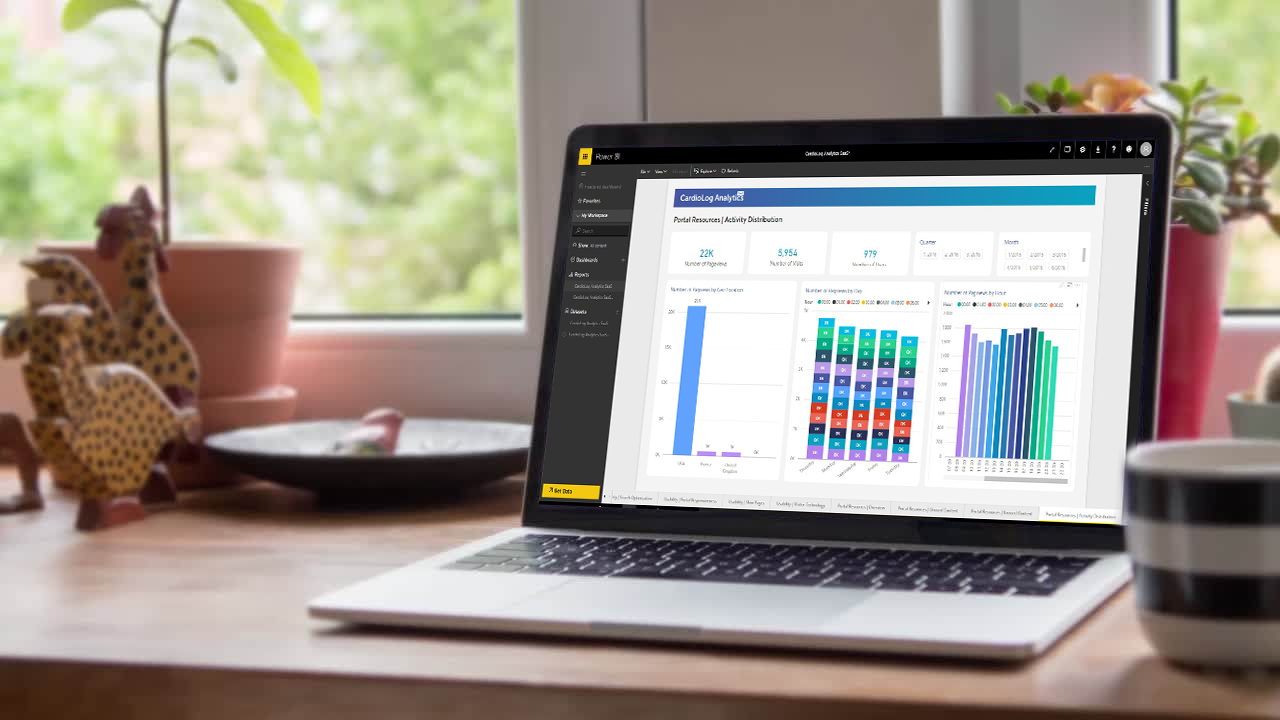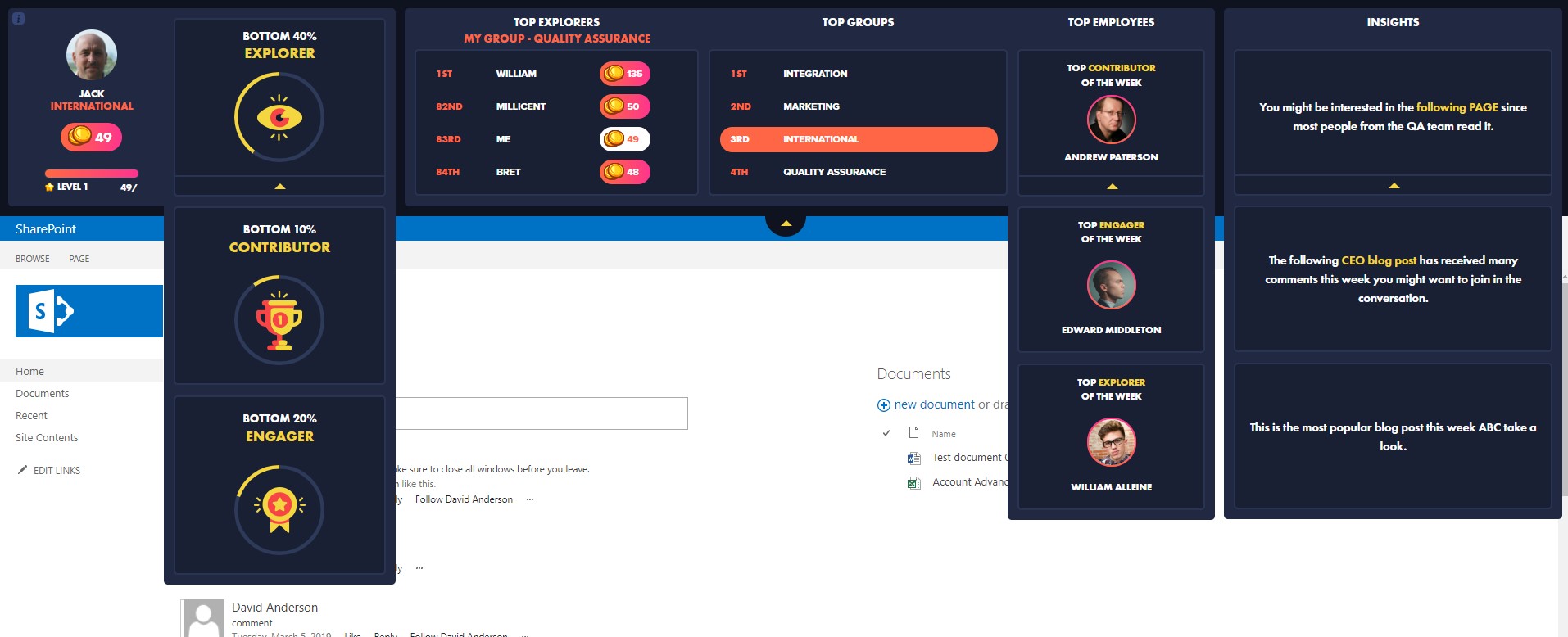In today’s rapidly evolving digital landscape, understanding user engagement within mobile applications is crucial for businesses striving to enhance user experience, retain customers, and drive growth. App engagement analytics is the key to unlocking these insights, providing valuable data that can inform strategic decisions, optimize marketing efforts, and improve overall app performance. This article delves into the significance of app engagement analytics, the metrics involved, and how businesses can leverage this data to achieve their objectives.
Understanding App Engagement Analytics
App engagement analytics involves the collection, analysis, and interpretation of data related to how users interact with a mobile application. This encompasses various aspects such as user sessions, screen views, in-app purchases, feature usage, and more. By analyzing this data, businesses can gain a deeper understanding of user behavior, preferences, and pain points, enabling them to make data-driven decisions that enhance user satisfaction and app performance.
Key Metrics in App Engagement Analytics
Several key metrics are essential for comprehensive app engagement analytics. These metrics provide insights into different aspects of user interaction and help businesses identify areas for improvement.
- User Acquisition Metrics:
- Downloads: The number of times the app has been downloaded.
- Installs: The number of times the app has been installed and opened for the first time.
- Activation Rate: The percentage of users who complete a specific action (e.g., signing up) after installing the app.
- User Retention Metrics:
- Daily Active Users (DAU): The number of unique users who engage with the app on a daily basis.
- Monthly Active Users (MAU): The number of unique users who engage with the app on a monthly basis.
- Retention Rate: The percentage of users who return to the app after their first use over a specific period (e.g., day 1, day 7, day 30).
- Engagement Metrics:
- Session Length: The average duration of a user session within the app.
- Session Interval: The average time between two consecutive sessions by the same user.
- Screen Views: The number of times users view specific screens within the app.
- In-App Events: Actions taken by users within the app, such as making a purchase, completing a level, or sharing content.
- Conversion Metrics:
- Conversion Rate: The percentage of users who complete a desired action (e.g., making a purchase) out of the total number of users.
- Revenue Per User (RPU): The average revenue generated from each user.
- Lifetime Value (LTV): The total revenue a business can expect from a user over the duration of their relationship with the app.

The Importance of App Engagement Analytics
App engagement analytics is critical for several reasons. Firstly, it helps businesses understand how users interact with their app, providing insights into which features are most popular and which ones need improvement. This information is invaluable for guiding app development and optimization efforts.
Secondly, engagement analytics enables businesses to identify and address user pain points. By analyzing user behavior, businesses can pinpoint where users drop off or experience frustration, allowing them to make targeted improvements that enhance the user experience and reduce churn.
Thirdly, app engagement analytics supports personalized marketing efforts. By understanding user preferences and behavior, businesses can tailor their marketing campaigns to target specific user segments with relevant content and offers. This increases the effectiveness of marketing efforts and improves user satisfaction.
Lastly, app engagement analytics provides a basis for measuring the success of app updates and marketing campaigns. By tracking key metrics before and after changes, businesses can evaluate the impact of their efforts and make data-driven decisions to continuously improve their app and marketing strategies.
Leveraging App Engagement Analytics
To fully leverage app engagement analytics, businesses should follow these best practices:
- Define Clear Objectives:
- Establish specific goals for your app engagement analytics efforts, such as increasing user retention, boosting in-app purchases, or improving user satisfaction.
- Choose the Right Tools:
- Select analytics tools that align with your objectives and provide the necessary features for tracking and analyzing user behavior. Popular tools include Google Analytics for Firebase, Mixpanel, and Amplitude.
- Implement Comprehensive Tracking:
- Ensure that your app is set up to track all relevant metrics. This includes setting up event tracking for key user actions and configuring user properties to segment users based on their behavior and demographics.
- Analyze and Interpret Data:
- Regularly analyze your app engagement data to identify trends, patterns, and anomalies. Use this information to gain insights into user behavior and preferences.
- Iterate and Optimize:
- Use the insights gained from your analysis to make data-driven decisions for app improvements. Continuously test and iterate on your app’s features, user interface, and marketing strategies to optimize user engagement and satisfaction.
- Personalize User Experience:
- Leverage user data to personalize the app experience for different user segments. This can include personalized content recommendations, targeted offers, and customized user interfaces.
- Measure Success:
- Continuously monitor key metrics to measure the success of your app engagement efforts. Use A/B testing to evaluate the impact of changes and make data-driven decisions to drive continuous improvement.
Conclusion
App engagement analytics is a powerful tool for businesses looking to enhance user experience, retain customers, and drive growth. By understanding and leveraging key metrics, businesses can gain valuable insights into user behavior, identify areas for improvement, and make data-driven decisions that optimize app performance. With the right approach and tools, app engagement analytics can unlock significant opportunities for success in the competitive digital landscape.














 Follow @cardiolog
Follow @cardiolog 